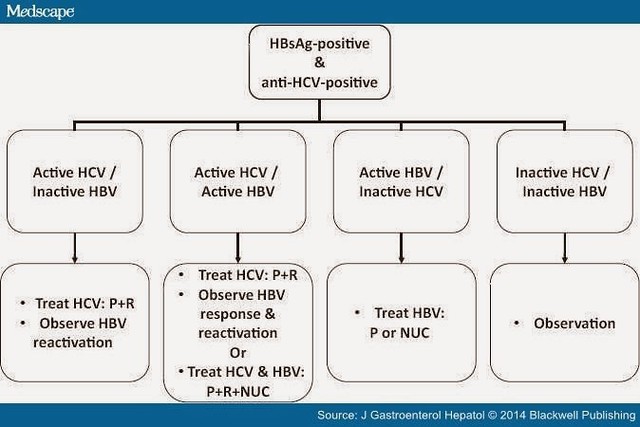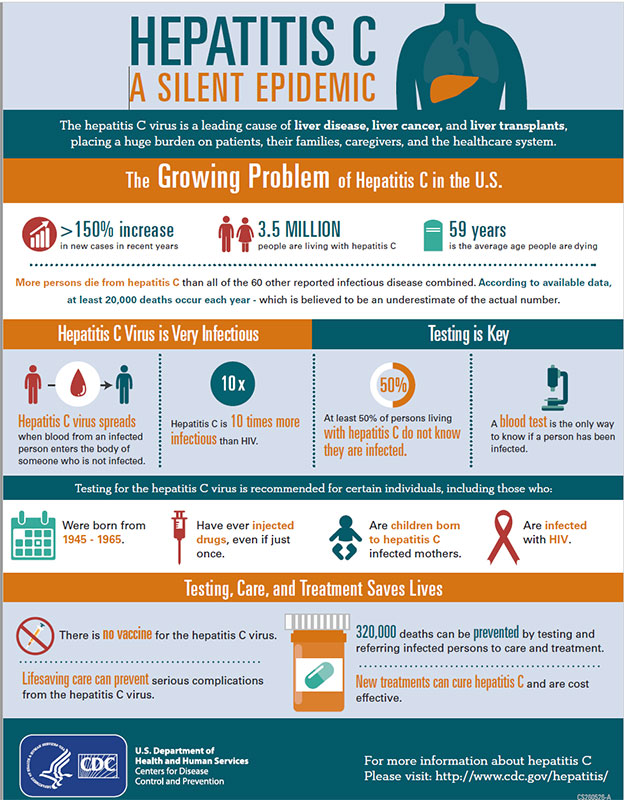
Hepatitis B is an extremely serious liver disease caused by the Hepatitis B virus (HBV), which is transmitted through direct contact with infected blood, urine or semen. For some individuals, hepatitis B virus becomes chronic, meaning that it lasts for more than six weeks.
Having hepatitis B has been linked to several types of cancers
Among the most common cancer cases associated with hepatitis are liver cancer, hepatocellular carcinoma and hepatocellular sarcoma. However, it is important to remember that any liver disease can also be a sign of other problems. Therefore, if you have any of these diseases, you should immediately notify your doctor if your symptoms. The sooner you seek medical attention, the earlier the disease can be treated.
Hepatitis B caused by hepatitis A is relatively rare. It is believed that around ninety-eight percent of those infected will not develop liver cancer. For this reason, the chance of contracting hepatitis A is greatly reduced, making hepatitis B extremely effective means of controlling the spread of hepatitis A. Hepatitis B virus is less likely to travel in the body, meaning that fewer people are at risk from hepatitis. In addition, the body's immune system may be less likely to fight off hepatitis in people who are immunosuppressed.
Hepatitis C is far more likely to be fatal than hepatitis A or B. Since hepatitis C usually affects the liver, the symptoms are often very similar to those of hepatitis A or B, but people with cirrhosis are much more likely to contract the disease than those who are healthy.
There are two types of Hepatitis C: Hepaplenic and Non-Hepaplenic. Non-Hepaplenic hepatitis C usually manifests itself over a period of six months or less, while Hepaplenic hepatitis C usually remains undetectable in the bloodstream. Hepaplenic hepatitis has the potential to cause jaundice complications. For this reason, a hepatitis C test is normally ordered to determine the presence of hepatitis C and its complications.

Liver cancer and cirrhosis can be caused by a number of factors including excessive alcohol consumption, liver tumors, infection by hepatitis B surface antigen (HBsAg), or hematologic abnormalities. Liver cancer is the second leading cause of death from liver disease, accounting for approximately twenty-two percent of all liver disease deaths. Other causes of liver cancer include congenital disorders, viral hepatitis, and hematologic abnormalities. While not all liver cancers are cancerous, the chances of developing such tumors increase dramatically if you already have the disease.
Liver cancer is usually diagnosed through a procedure called a liver biopsy, where a sample of your liver is examined under the microscope
If the sample is found to be cancerous, it is sent to a pathologist for diagnosis. In the meantime, you will need a treatment plan to control or delay the disease's progression and to slow down the progress of the disease, as well as monitor and treat any symptoms that appear.
The most common treatment for liver cancer is surgery, followed by radiation therapy to remove abnormal tissue and the cancerous cells. If the tumor is small, then the surgery can be performed on an outpatient basis. This type of surgery is most effective when the tumor is removed from the liver, but some patients may not be able to tolerate the recovery time. If you are receiving radiation therapy, you should also undergo chemotherapy to kill the remaining tumor.
If you have hepatitis C, the best way to cure the infection is with interferon treatment. This is done to suppress hepatitis B surface antigen production and prevent replication of the infection. You will also need to take antiretroviral drugs to suppress the replication of the hepatitis C virus. These drugs are taken daily and can be taken as soon as an infection is detected. or a week or two after infection.
On the other hand, hepatitis C is usually treated with a combination of surgery and interferon therapy. Your doctor may recommend that you use a combination of both therapies for a long time if you have a history of recurrent hepatitis B outbreaks http://ihealzy.com/.
Treatment for hepatitis C varies from person to person and from case to case because the infection is different for each patient. It can take years to completely control a hepatitis C infection.